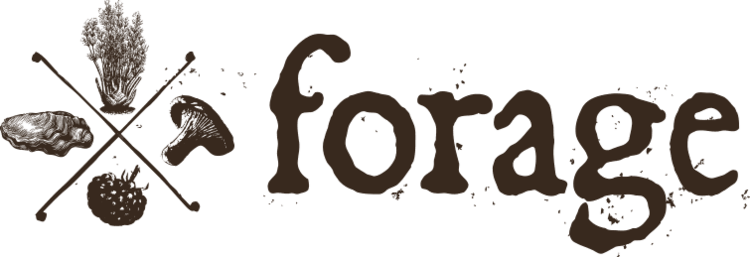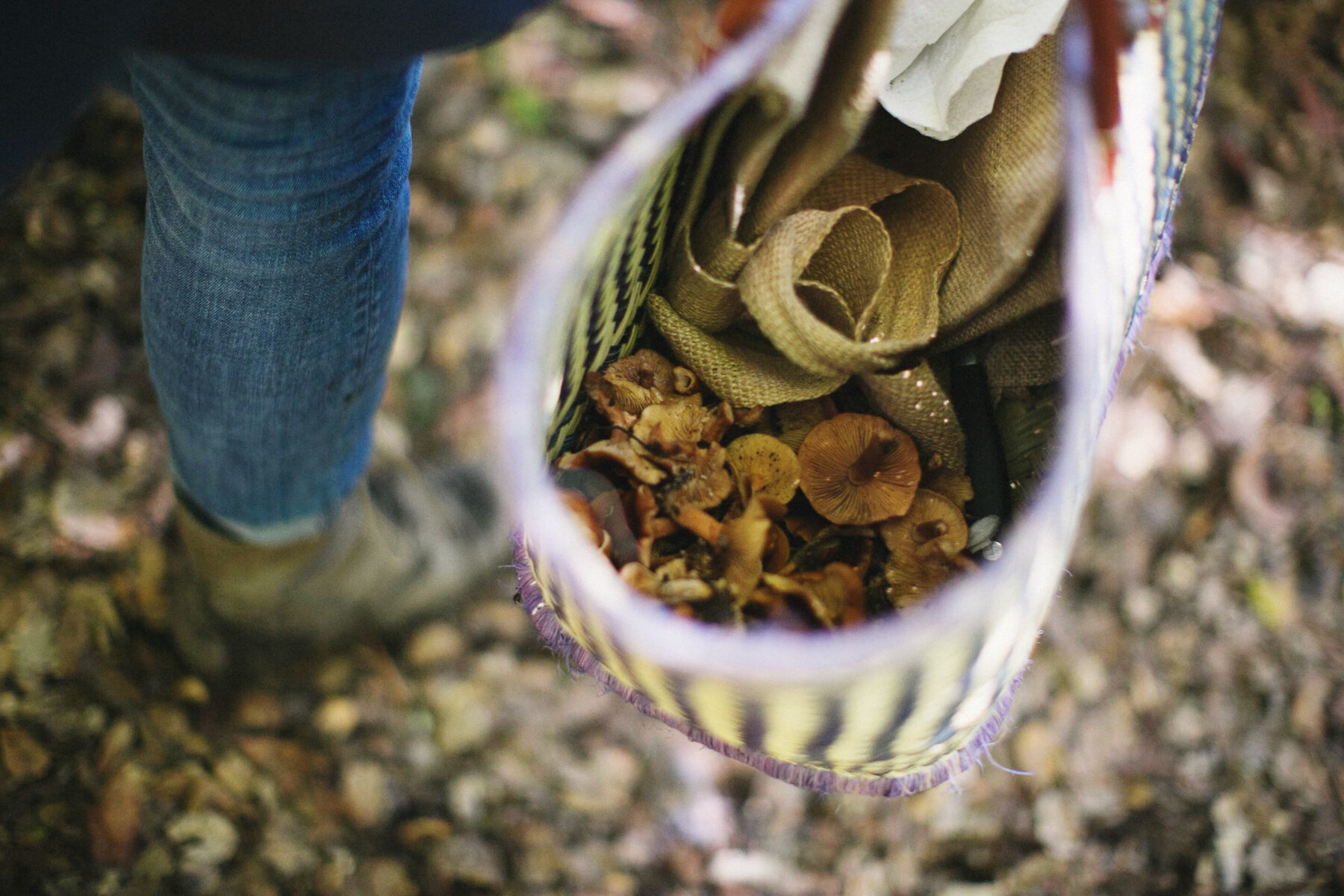Ethical Considerations for Foraging Wild Plants
Foraging for wild plants connects us deeply with the natural world, embedding us into the cycle of life that sustains ecosystems. This ancient practice, however, carries with it modern ethical considerations, especially in an era where conservation and sustainability are paramount. Understanding these principles is crucial for anyone stepping into the world of foraging, as it helps protect the delicate balances of nature we seek to enjoy.
Navigating Legal and Ethical Terrain
The first step in ethical foraging is recognizing the legal boundaries that protect our natural habitats. In jurisdictions like California, for instance, foraging regulations are clear-cut, limiting gathering activities to certain lands while outright prohibiting them in protected areas. These laws safeguard plant communities from being overharvested and ensure the continuity of our shared natural heritage.
Beyond legal compliance, ethical foraging invites us to foster a relationship of reciprocity with the land. This means approaching foraging with an intention to give back to the ecosystem, whether through conservation efforts or by minimizing our impact. Such a mindset ensures that foraging remains a sustainable practice for generations to come.
Mindful Foraging Practices
True ethical foraging is characterized by a deep engagement with the environment. Before harvesting, it’s vital to learn about the local flora and understand which plants can sustainably be gathered. This knowledge helps foragers make informed decisions, ensuring that their activities do not compromise plant health or biodiversity.
To offer a glimpse into the ethical considerations of foraging, we’ve shared a brief video featuring Alexandra, one of our teachers at forageSF.
If you're intrigued by the world of wild plants and eager to explore their potential further, our classes offer a comprehensive introduction to foraging, plant identification, and ethical harvesting practices. By participating, you'll gain practical knowledge and support from a vibrant community dedicated to respecting and celebrating the bounty of nature.
Read Next: Tips For Mindful Seaweed Foraging


